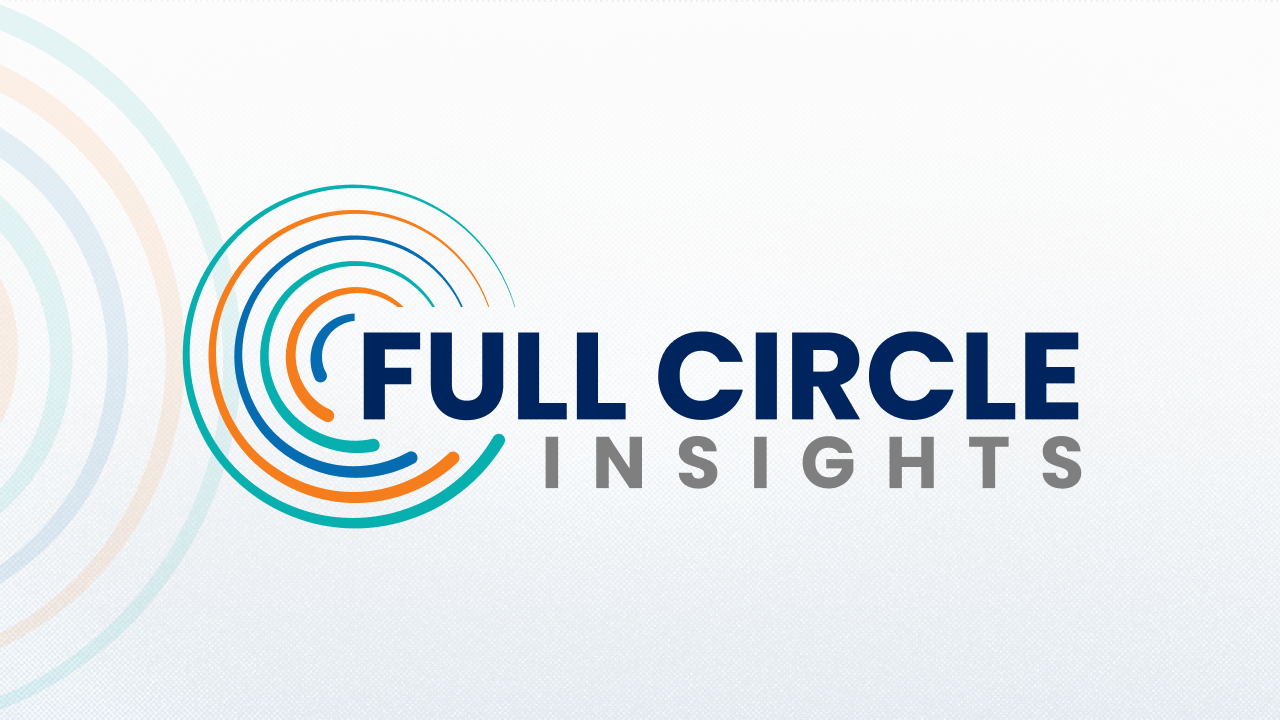AI in Attribution: Everything You Need to Know


As marketers, we’ve all had the same conversation with family or friends by now…“Aren’t you going to be replaced by AI?”
Rather than making marketers obsolete, AI actually promises to make our jobs easier – even when it comes to complex tasks like attribution. (Good luck explaining that over dinner, though.)
Let’s explore how AI in attribution works, why it’s beneficial, and what to look for in an attribution solution.
What is Attribution AI?
Attribution AI uses machine learning to analyze the customer journey and assign value to each marketing touchpoint. Unlike traditional first or last touch attribution models, AI has the power to accurately assess non-linear paths to purchase from end to end.
By using AI, marketers uncover deeper insights, make hyper-informed decisions, and better align strategy with organizational goals.
Why Use AI in Attribution?
Of course, with advanced multi-touch attribution tools, marketers can already extract meaningful customer insights from raw data. So, why add AI into the equation?
As marketers, we rarely get the chance to fully immerse ourselves in research and analysis. Even with customized Salesforce dashboards and real-time reports at our fingertips, it always feels like there’s more to learn about our customers – if we just had more time.
This is where AI comes in.
By applying sophisticated algorithms to vast amounts of data, AI can recognize nuanced trends and patterns that might otherwise go undetected. What’s more, predictive models can forecast the precise tactics that are most likely to resonate with your audience and generate the desired results.
Ultimately, using AI to help determine attribution equips marketers with next-level insights on past behavior, while predicting how to optimize future strategy.
Benefits of AI + Attribution
Machine learning, predictive modeling, processing algorithms… What does it all mean in terms of practical use cases?
Here are just a few ways marketers can benefit from AI in attribution:
Historical Data Analysis: Analyze larger volumes of data over longer periods of time for a more comprehensive view of customer behaviors and trends.
Budget Allocation: Optimize advertising spend based on intelligent predictions that identify the most profitable tactics and touchpoints.
Campaign Targeting: Target high-value audiences across paid and owned campaigns based on projected customer lifetime value (LTV).
Improved ROI: Experience higher ROI and ROAS thanks to the combination of enhanced targeting and data-backed budget allocation.
Time Savings: Spend less time manually assessing reports and more time applying new insights across wider business strategy.
How to Use AI in Attribution
Can AI elevate insights? Yes. Can it operate without human oversight? No.
Here’s what to look for to ensure it delivers the outcomes you need:
Integration: AI relies on comprehensive data to produce accurate insights. Ensure your chosen solution offers seamless integration with your CRM, website analytics, social media, and other marketing platforms to consolidate your data and analyze the entire customer journey.
Adaptability: While AI promises impressive levels of automation, customization is key to aligning attribution insights with business needs. Seek out a solution that gives you control over attribution models, channel weighting, customer segmentation, and reporting dashboards.
Reporting: AI is not a set-and-forget strategy. User-friendly solutions offer transparent reporting and advanced metrics that empower marketers to continually optimize strategy. Plus, predictive analytics and easy-to-use forecasts should clearly demonstrate AI’s revenue impact.
The Future of Attribution
Like all forms of machine learning, the more artificial intelligence is used, the more intelligent it becomes. While still in its nascent stages, attribution AI is already amplifying marketers’ ability to optimize the customer experience – especially if your current strategy relies on manual analysis or poorly integrated data.
As we look to the year ahead, marketers can expect AI-powered attribution to play an ever-increasing role in customer journey mapping, campaign targeting, and revenue forecasting.